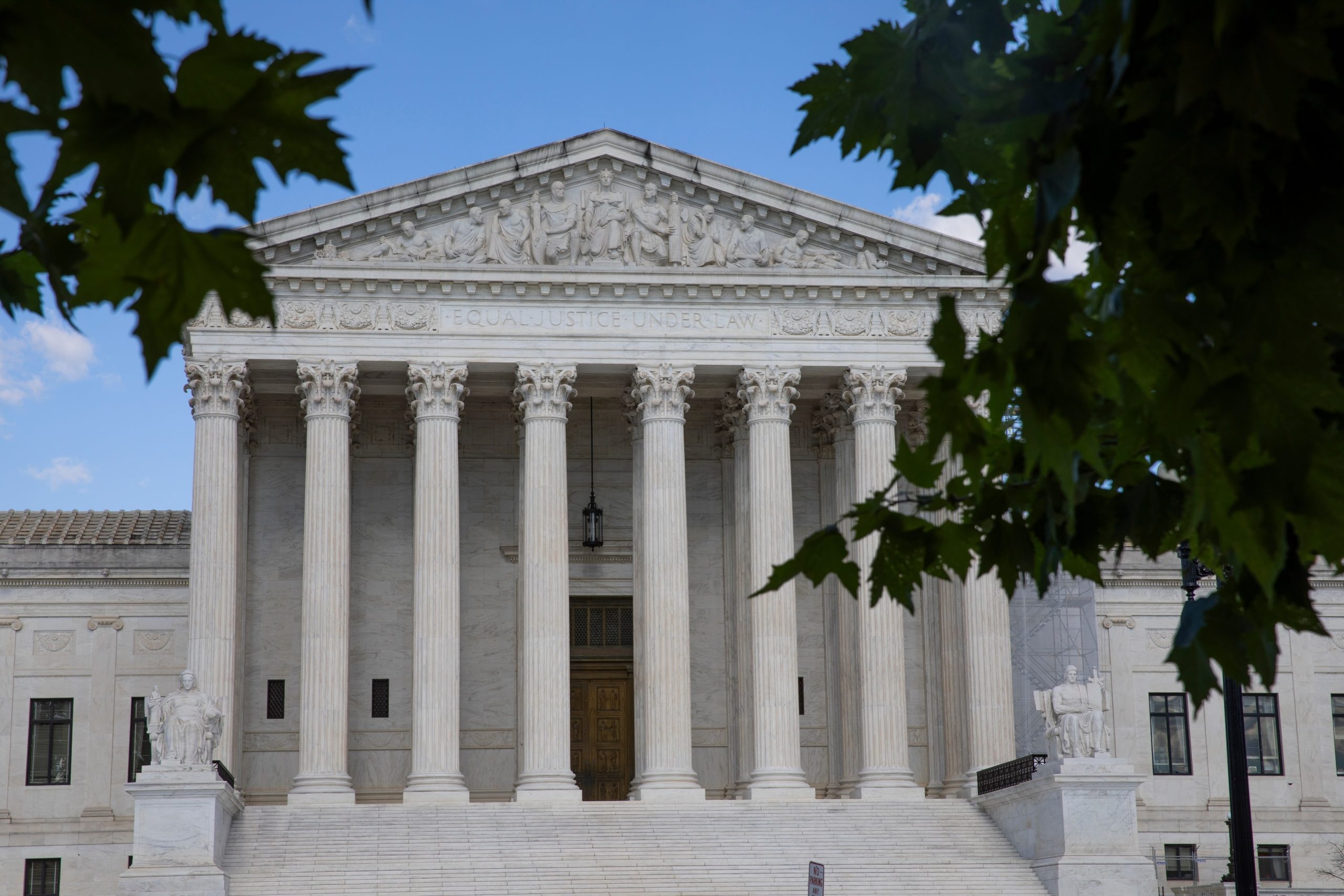EMERGENCY DOCKET
on Sep 3, 2024
at 5:51 pm

Tuesday’s order came with no indication of the justices’ reasoning in the decision. (Aashish Kiphayet via Shutterstock)
The Supreme Court on Tuesday denied a request from Oklahoma to reinstate over $4 million in funding for family-planning projects while the state’s challenge to the termination of the grant by the federal Department of Health and Human Services continues in the lower courts. Federal law requires states to provide abortion counseling and referrals as part of the funding parameters, which Oklahoma law now bars.
The denial came in an unsigned order, without any explanation of the court’s reasoning. Three justices – Clarence Thomas, Samuel Alito, and Neil Gorsuch – indicated that they would have granted the state’s request.
The challenge arises under Title X of the Public Health Service Act of 1970, which provides funding for family planning programs throughout the country, targeting lower-income and adolescent patients. To be eligible for grants from the Title X program, family-planning projects must offer pregnant patients counseling about prenatal care, adoption, and abortion, as well as referrals for those services if requested.
The Supreme Court’s 2022 decision in Dobbs v. Jackson Women’s Health Organization revived an Oklahoma law that both bans abortion except to save the life of the mother and makes it illegal to advise someone to obtain an abortion. With that state law in place, Oklahoma objected to Title X’s requirement that programs in the state offer counseling and referrals for abortions.
HHS offered the state an alternative: Providers could give patients seeking pregnancy counseling or referrals the telephone number of a national call-in hotline instead. When Oklahoma rejected that option, HHS terminated the state’s grant.
Oklahoma went to federal court, challenging the termination and seeking to require HHS to renew the grant for 2024-25. The district court denied the state’s request for temporary relief, and the U.S. Court of Appeals for the 10th Circuit upheld that ruling.
Oklahoma came to the Supreme Court on Aug. 5, asking the justices to step in by Aug. 30. The state argued first that requiring family-planning projects to provide counseling and referrals for abortion violates the Constitution’s spending clause, which gives Congress the power to impose and collect taxes. Title X, the state contended, does not provide the kind of clear and unambiguous notice of those requirements that the Supreme Court has said is required when Congress is acting under its spending clause power.
Oklahoma next asserted that the counseling and referral requirements violate the Weldon Amendment, a federal law that bars HHS funding from going to federal agencies and programs or state or local governments that “discriminate” against health-care providers that decline to (among other things) provide referrals for abortions. That amendment, the state insisted, “clearly protects health care organizations from being forced to provide abortion referrals.”
Oklahoma emphasized that the county health department that receive the Title X funds “are part of the frontline of health care in Oklahoma.” “Depriving those communities of Title X services would be devastating,” the state told the justices.
Representing the Biden administration, U.S. Solicitor General Elizabeth Prelogar urged the justices not to intervene in the dispute, downplaying it as one with “modest practical stakes.” “This case,” she observed, involves only “a single discretionary grant to a single state agency, and the amount of that grant ($4.5 million) is a tiny fraction of the state agency’s budget.”
But in any event, Prelogar continued, there is no merit to Oklahoma’s argument that the counseling and referral requirements violate the Constitution’s spending clause. Congress, she wrote, “routinely conditions federal grants on compliance with requirements contained in agency regulations, and this Court has repeatedly upheld such requirements.”
Nor do the requirements violate the Weldon Amendment, Prelogar added, because state administrative agencies like the Oklahoma State Department of Health are “not protected under” the amendment. Moreover, she noted, HHS had suggested an accommodation that would have allowed providers to give patients a hotline number, rather than refer them for an abortion.
On Aug. 27, Prelogar told the court that the U.S. Court of Appeals for the 6th Circuit had recently upheld a district court’s denial of a request for a preliminary injunction that would require HHS to issue a $7 million grant to Tennessee. Like Oklahoma, HHS had indicated to Tennessee that its Title X project could fulfill its obligations by providing patients with the telephone number for a national call-in hotline. The 6th Circuit, Prelogar stressed to the justices, “expressly agreed with the Tenth Circuit’s Spending Clause holding.”
But Oklahoma countered that Tennessee had not raised the Weldon Amendment as a separate reason to order HHS to reinstate the grant. By contrast, Oklahoma noted, “the Weldon Amendment has been squarely presented.”
This article was originally published at Howe on the Court.
#Court #denies #Oklahoma #request #reinstate #federal #funds #dispute #abortion #referrals










